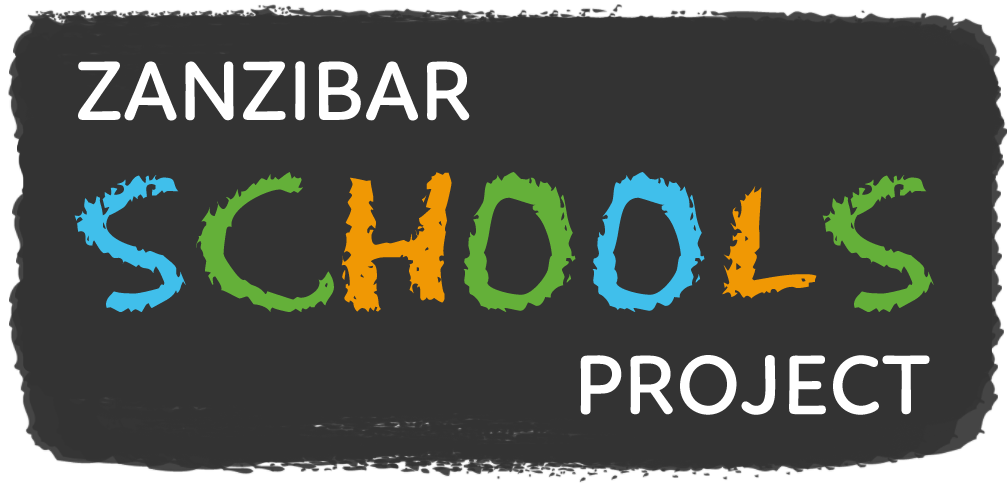Monday February 1: Bad news from the British Consul about Gasica’s visa. The stumbling block is his lack of bank account, regular savings and marital status. Gasica decides to open a bank account, a process that involves confirmation from the sheha (village leader) that he is an upstanding member of the community and many passport-sized photos. This part is achieved, but it takes more visits to open the account.
We’ve started showing English language cartoons during the mid-morning break. This is an instant success. Thirty children are allowed into the computer room. On the first morning there’s an unseemly scrum and the children outside are knocking at the door, trying to get in. From inside we can hear one girl sobbing. This is a remarkable as children rarely cry here. They are told that only newborn babies cry. But we can’t let her in – if we do another thirty children will rush in. Ann stands with her back to the door as children try to push in. This week we are screening “Bug’s Life” which is even more popular than Lion King and Jungle Book. It’s also a great educational springboard for teaching about leaf cutter ants, how to “walk in line” and what an inventor does!
Tuesday February 2 – Due to the crowd control problems during break on Monday, today we have a new strategy. Ann is deployed to entertain the children who can’t get in to watch the film and reads “The Ant and the Grasshopper” to them. This plan works well and we hope it will generate some interest in books. There are plenty in the school library but they are rarely borrowed.
We have a consistent group of students from Standard VI in the afternoons. They’re in the top year of the Primary School, around the age of 12 or 13. At the end of the year they take an examination and those who pass are able to attend Secondary School in Stone Town. We’re told that no student from the village has ever passed the examination. So we’re aiming to help them prepare for the exams. We’re not sure whether they’re taught exam technique, but that will be on the agenda next week. We almost have a past English exam paper (well it’s for Standard VII not Standard VI, so that’s near enough by Tanzanian standards!) We’ll devise exercises that reflect the skills they need in the exams.
Wednesday February 3: Two of the most enterprising primary school teachers have set up a nursery school in the village and have invited us to visit. The children, aged around 4, put on an impressive display of singing, clapping and speaking in English. They are very short of equipment and want to build a second classroom. We decide to help such a worthwhile cause and will make sure the children have some appropriate toys.
Thursday February 4: We’re excited to learn that one of our friends who teaches the International Baccalaureate is interested in using our reports for a project relating to resource-poor settings. During our correspondence the idea emerges to have a Skype call between Varndean College, Brighton and Unguju Ukuu Primary School. We spend the hour before the Skype call prepping the students. They were very hazy on the concept of Europe, but with Gasica’s help, learnt that Brighton is in England, which is part of the UK, which is part of Europe, just as Unguju Ukuu is part of Zanzibar, in Tanzania, on the African continent. We show photos of Varndean’s playing field and school building. The students declare the school to be “beautiful” and we explain that both schools are lovely but built differently due to the climate. Given the heat in Zanzibar, they don’t need windows.
The students brainstorm questions for their English counterparts. The first is “Can you share your books with us?” The second “What is the name of your English teacher?” More questions quickly follow and the students decide who will ask each question. Fortunately the Skype link worked, but only from under the tree. The students crowd around and take turns in asking questions. The best impromptu question is “Can we come to visit?” if only! The link only last 10 minutes, but we are just glad it works. After the call, the students write up the questions and the answers they heard. They have difficulty believing there are 120 teachers at Varndean and think that it must be the number of students.
We also meet the English support teacher from the Technical College. His remit is to cover 32 schools. Quite a challenge! We raise the question of why the ICT teacher has no resources. It seems that the support teacher for this subject has two wives along with two jobs and seemingly two lives. He works in Stone Town for the Ministry and has a second home in the countryside! The problem is a lack of text books – for example the history teachers share one text book between three.
Friday February 5: Caroline visits a school text book shop in Stone Town. Sadly the required history text book isn’t available, but Caroline buys some ICT and English text books. We look at the text book versus the syllabus but they have some important omissions such as “The internet”. We’ve only got 2 weeks left and there’s still so much to do...
